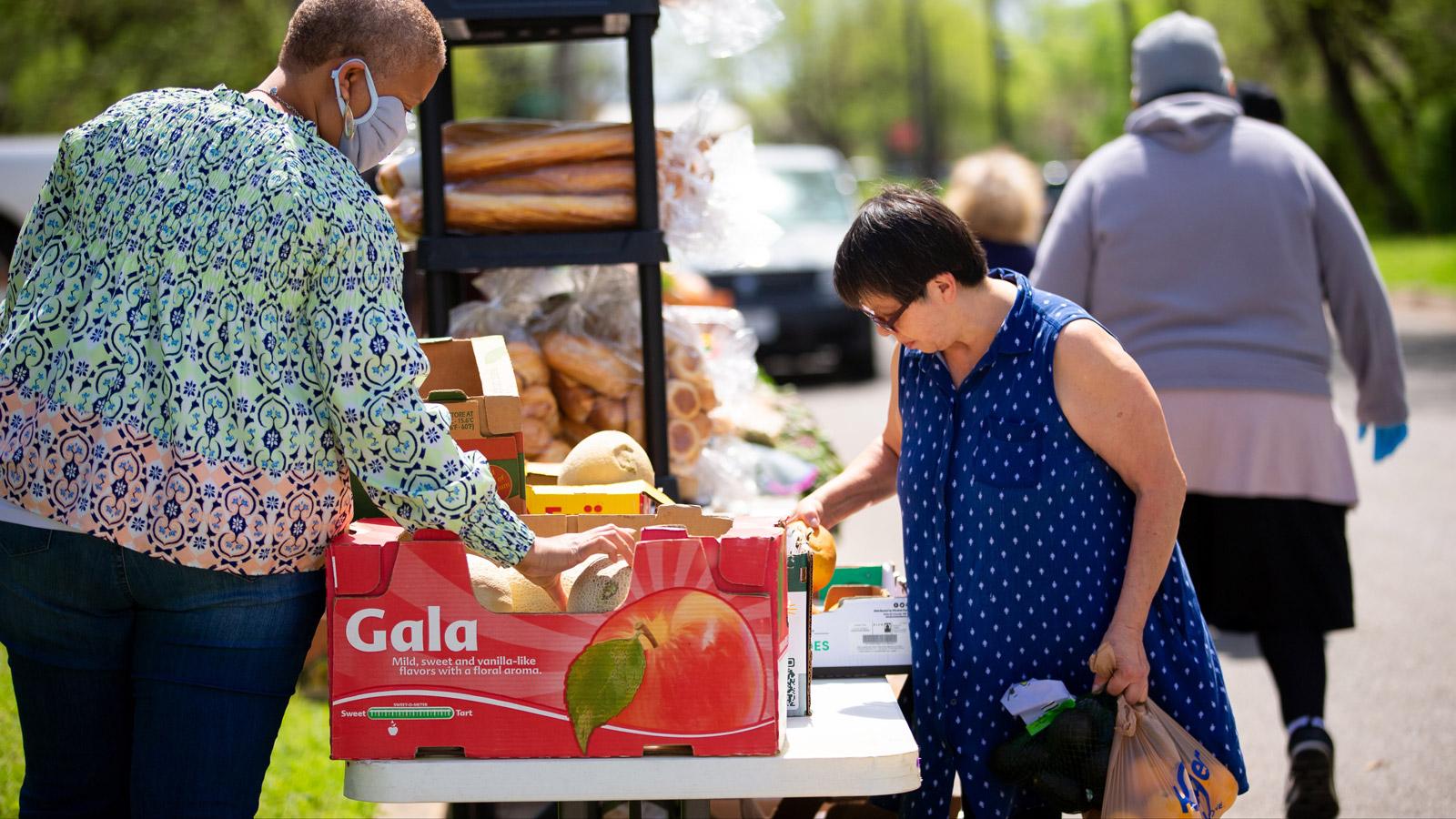Nutrition Security

Nutrition Security is defined as, "all Americans having consistent access to the safe, healthy, affordable foods essential to optimal health and well-being."
Millions of Americans lack consistent access to healthy foods, which hinders the growth and development of children and increases the risk for obesity and chronic disease. Lack of access to nutritious food can lead people to consume foods high in fat, sugar and calories with less nutrients. According to the Centers for Disease Control and Prevention, six in ten Americans live with a chronic disease like heart disease, diabetes, stroke, or cancer, and 70% of all deaths in America are attributed to chronic diseases.
Low-income communities can be especially lacking healthy food access with an overabundance of convenience stores and fast-food places but a scarcity of grocery stores. Neighborhood design, business permits, and transportation, including public transit, walkability and bikeability are significant contributors to healthy food access.
Store participation in nutrition incentive programs significantly contributes to healthy food access. Nutrition incentive programs involve incentivizing stores to sell healthier food items and incentivizing customers to purchase those healthy items. Nebraska Extension's nutrition incentive programs also encourage the sale of products from a local farmer. The 'triple win' of nutrition incentive programs is the positive impact of the sale of healthy foods on the customer, the store owner, and the local farmer. Learn more about the current nutrition incentive program in Nebraska, Double Up Food Bucks, and how you might be able to double your dollars on fresh fruits and vegetables